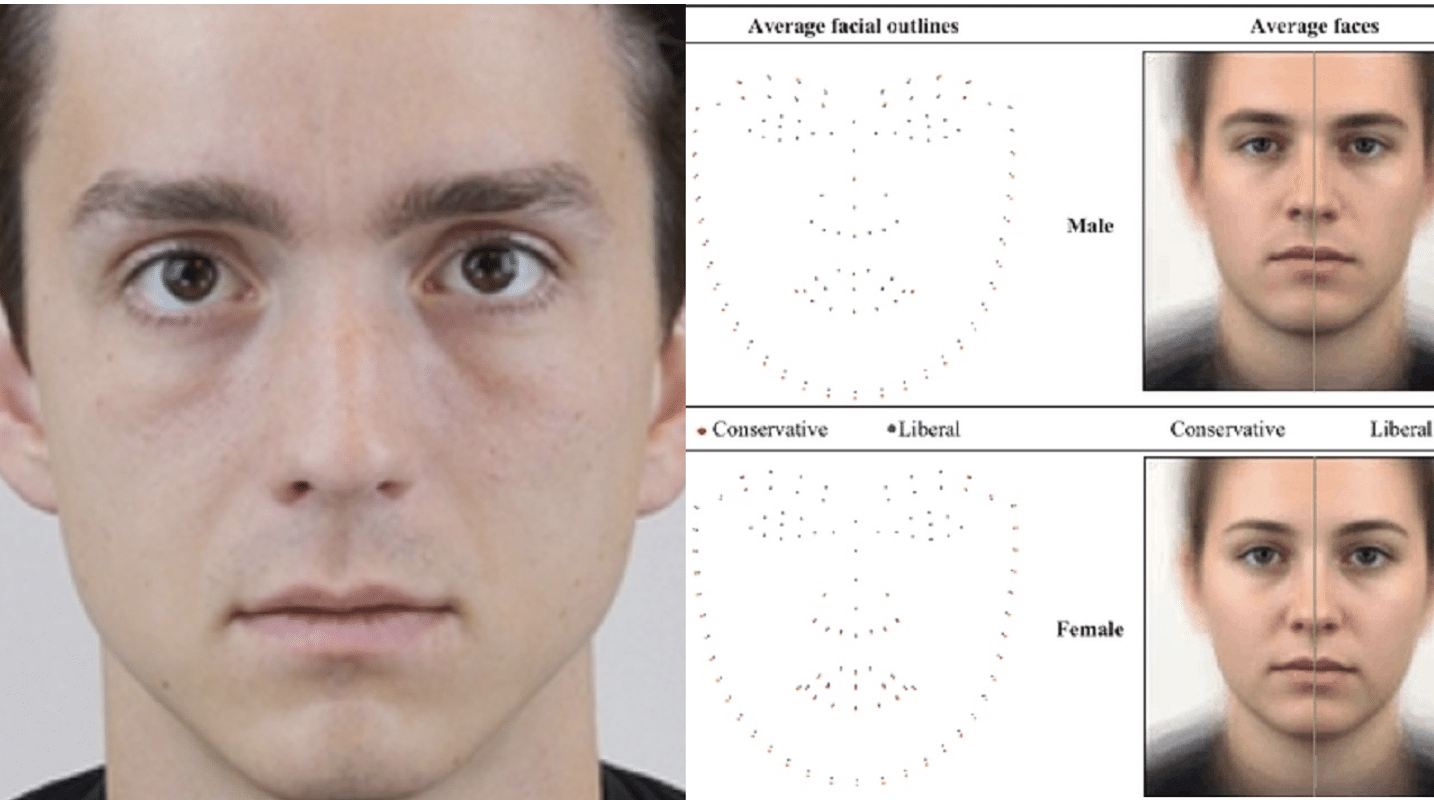Americans’ outstanding credit card debt hit a new record in November, highlighting a more confident U.S. consumer but also flashing a warning signal of potential trouble down the road. Revolving credit, mostly credit cards, increased by $11.2 billion to $1.023 trillion, the Federal Reserve said Monday. That nudged the figure past the $1.021 trillion highwater mark reached in April 2008, just before the housing and credit bubbles burst.
Over the past year, revolving credit has surged by $55.1 billion, or 5.7%, according to the Fed and Contingent Macro Research. Non-revolving credit, such as auto and student loans, rose by $16.8 billion to $2.8 trillion in November. The new all-time-high for credit card debt doesn’t pose the risks to the economy that existed in 2008 because incomes are higher, says UBS Credit Strategist Stephen Caprio. The ratio of credit card debt to U.S. gross domestic product is about 5%, compared with 6.5% in 2008, he says. READ MORE

















